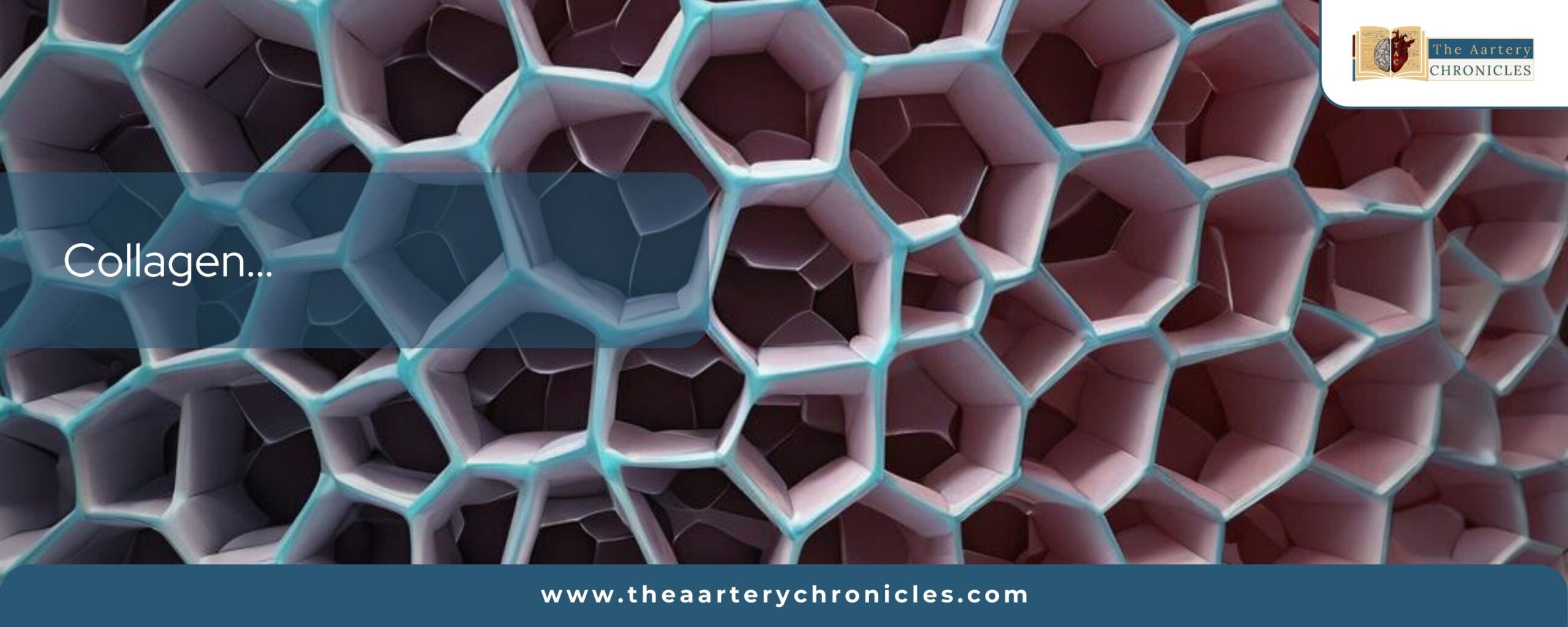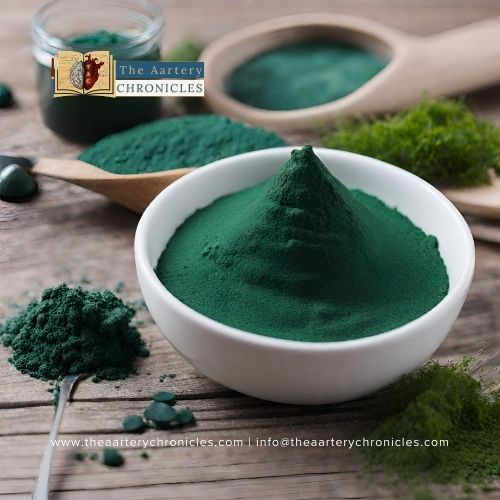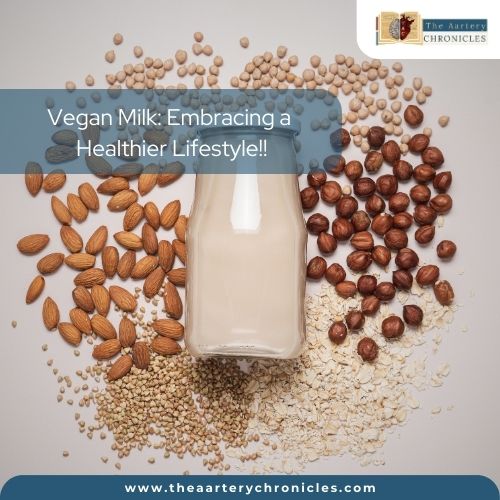

Collagen: More Than Just a Beauty Protein
Overview
Collagen is the amplest (approximately 30%) protein found in mammals. It is a pivotal group of fibrous proteins in the human body and is a significant component of connective tissues. It has a triple helix structure with three polypeptide chains and is responsible for providing elasticity to skin, bones, tendons, ligaments, and cartilage. [1] [2]
Types of collagens
In all, there are around 28 types of collagens. Ever since Miller and Matukas discovered collagen II there have been 26 discoveries of collagens. Each type is encoded by a different gene and serves a distinct function. [4]
A few most common types include:
- Type I – Represents the most abundant form and is present in bones, teeth, ligaments, skin, and tendons.
- Type II – Primarily found in cartilage and provides resilience
- Type III – Found in skin, blood vessels, and muscles and is linked to reticular fibers
- Type IV – Makes up the part of basal lamina the layer of endothelial and epithelial cells.
- Type V – Present in the skin layers, cornea, and placental tissues [3] [4]
Functions of collagen
The prime role of collagen is to provide shape and structure, it is crucial for structural functions, wound healing, and various physiological functions.
1. Structural Support
Collagen is highly important for providing strength, structure, and support to tissues including bones, muscles, tendons, ligaments, and skin. [2]
2. Skin and Hair Health
Collagen plays a significant role in the regeneration of skin, aging, and overall skin health. Collage gives a Smooth, plump, and high elasticity to the skin. It can help protect the skin from harsh UV rays and pollution. It strengthens hair and hair follicles as it is the primary structural protein found in hair. Collagen promotes hair growth by supporting repairing cells in the scalp. [5] [6]
3. Wound Healing
Collagen attracts fibroblasts to the site of the wound and acts as a scaffold for cellular entry at the wound site depositing new collagen. Studies suggest that collagen is significant in the closure of wounds as it promotes tissue regeneration. [7]
4. Gut and Heart Health
It provides structure and strength to the arteries that carry blood from the heart. Optimal collagen levels can reduce the risk of heart issues by maintaining overall heart elasticity and flexibility. Instances of collagen benefits for gut health are limited however, a few claims have been made regarding collagen improving gut health associated with disorders such as leaky gut syndrome. [8] [9]
5. Joints and Bone Health
Joint pain can be reduced with collagen supplementation and it particularly supports patients suffering from osteoarthritis and related conditions. Collagen is an important component of bones its supplementation may support bone mass and prevent bone loss. [3]
Decreased Collagen levels
A drop in collagen can occur when a body fails to produce enough collagen or produces collagen of poor quality. The optimum level of collagen depends on various factors including genetics, age, and overall health. Collagen production naturally declines after the age of 25 and decreases significantly after the 40s leading to the visible signs of aging.
While collagen levels cannot be measured the reduction can be noticed with symptoms such as:
- Wrinkles and depleted skin health
- Weak muscles
- Osteoarthritis and other joint issues
- Gastrointestinal issues
- Brittle nails and hair
- Loss of muscles
- Poor wound healing [3]
Foods that promote the production of Collagen
- Bone broth
- Protein-rich foods such as eggs, beans, chicken
- Vitamin C-rich foods – Tomatoes, green vegetables, peppers
- Nuts
- Whole grains
- Seafood
- Citrus fruits
- Cheese
- Beef [3] [9]
Supplements
Collagen supplements in various forms are available in the market gummies are an excellent and tasty way to incorporate collagen into daily life for several potential health benefits, including improved gut health, joints, and skin health. Before deciding to start supplements it is important to check the ingredient list and protein profile. Avoid supplements that include too many chemicals or additives. It is crucial to consult a professional before starting supplements.
- Collagen Structure, Synthesis, and Its Applications: A Systematic Review | NCBI
- Biochemistry, Collagen Synthesis | NIH
- Collagen | Cleveland Clinic
- The Collagen Family | NCBI
- Benefits of Collagen for Hair and Skin | School of Botanical & Medical Aesthetics
- Considering collagen drinks and supplements? | Harvard Health Publishing
- Collagen in Wound Healing | NCBI
- Effect of a high-collagen peptide diet on the gut microbiota | Science Direct
- Collagen | Harvard T.C Chan

Author: Sanika Pande
- Medicine
- Nutrition And Diet












